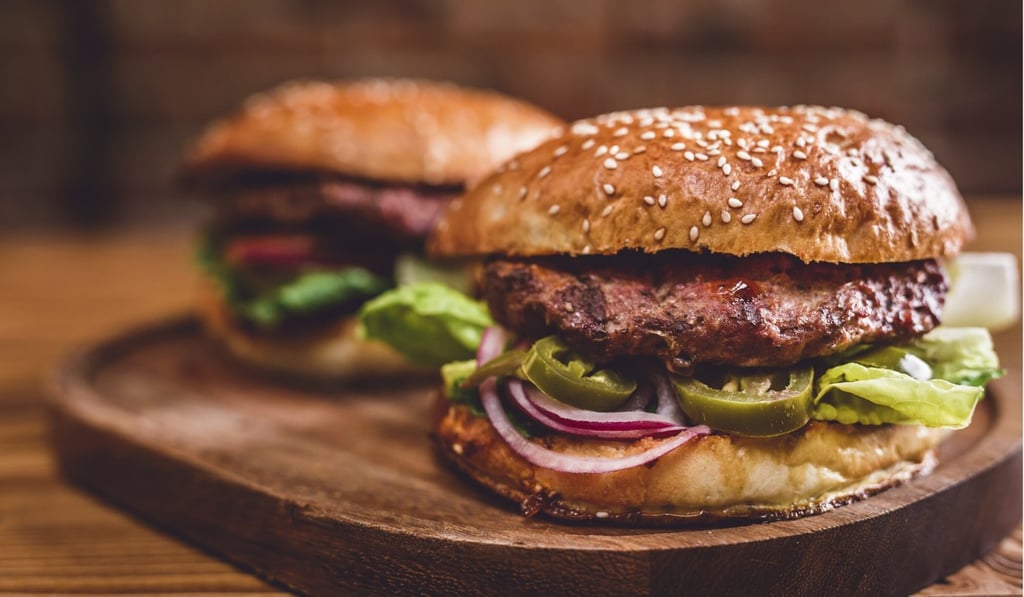How loving your food is good for you, and why you should enjoy that cupcake without guilt
Eating for nutrition and pleasure is the way to a healthy life, according to dietitians Evelyn Tribole and Elyse Resch in their new book Intuitive Eating. Here are some tips on mindful eating and when to tuck in

We are genetically hard-wired to seek pleasure, because desire and reward get us to act in ways that help propagate the species. In today’s health- and weight-conscious culture, however, pleasure gets a bad rap – ironic, given that the modern food environment heavily promotes indulgent and less-nutritious foods. When we feel conflicted or confused about our food choices, rush through our meals or eat while we are distracted, we deprive ourselves of food pleasure and eating satisfaction. This can have negative consequences for health.
Here’s why you can – and should – eat for both nutrition and pleasure.
The reality is that true pleasure leads to healthy choices, because ultimately we want our food to both taste good and make our bodies feel good. Feeling sluggish or overly full is the antithesis of pleasure.

Most people find a variety of foods pleasurable, and some of those foods are going to be more nutritious than others. Marrying pleasure and nutrition often takes some thought, both about what you would like to eat and where and how you are going to procure it. This is true whether you are cooking at home or looking at restaurant options. A good place to start is to experiment with some tasty new vegetable recipes at home or check out farm-to-table-type restaurants that are doing interesting things with seasonal vegetables.
Eight Hong Kong restaurants for Thanksgiving dinner – takeaway or dine in
Pleasure provides satisfaction and the sense that you’ve eaten enough. In their book Intuitive Eating, dietitians Evelyn Tribole and Elyse Resch point out: “When you eat what you really want, in an environment that is inviting, the pleasure you derive will be a powerful force in helping you feel satisfied and content.”